TAO, 2025 yılında OpenAI ve diğer yapay zeka rakipleriyle nasıl kıyaslanıyor?

TAO'nun merkeziyetsiz yapay zeka yaklaşımı, onu OpenAI gibi merkezi rakiplerinden ayırıyor
TAO'nun merkeziyetsiz yapay zeka geliştirme vizyonu, sektörde köklü bir değişimin öncüsü olarak OpenAI gibi şirketlerin benimsediği merkezi modellere güçlü bir alternatif sunuyor. Yenilikçi bu sistem, blokzincir teknolojisini kullanarak dünya genelindeki geliştiricilerin yapay zeka modellerinin eğitimi ve doğrulamasına katkı sunabildiği ortak bir ekosistem oluşturuyor. Merkeziyetsiz ağ yapısı, merkezi sistemlerdeki tekil hata noktalarını ortadan kaldırarak güvenlik ve dayanıklılığı üst düzeye çıkarıyor. Ayrıca, alt ağlar üzerine inşa edilen TAO mimarisi, ölçeklenebilir işbirliği imkânı sağlayarak merkezi sağlayıcıların kısıtlarını aşmayı başarıyor.
Buradaki temel ayrışma, yönetişim ve veri sahipliği modellerinde ortaya çıkıyor:
| Başlık | TAO | Merkezi Sağlayıcılar |
|---|---|---|
| Yönetişim | Merkeziyetsiz (DAO) | Merkezi (Kurumsal) |
| Veri Sahipliği | Kullanıcı kontrolünde | Sağlayıcı kontrolünde |
| Model Geliştirme | Topluluk odaklı | Proprietary |
TAO'nun tokenomisi, katılımcıların sürece aktif şekilde dahil olmasını ve katkılarını teşvik ederek daha demokratik bir yapay zeka geliştirme ekosistemi sunuyor. Toplamda 21 milyon token ile sınırlandırılmış arz sayesinde, ağ üzerindeki faaliyet arttıkça TAO'nun değeri de artıyor. Bu ekonomik model, katkı sağlayanları ödüllendirmenin yanı sıra, kripto topluluğunun açıklık ve işbirliğine dayalı değerleriyle örtüşüyor. TAO'ya artan kurumsal ilgi ve büyük borsalarda listelenmesi, yapay zeka alanında devrim yaratma potansiyelini güçlendiriyor.
TAO'nun ağ tabanlı modeli, yapay zeka geliştirme ve dağıtımında benzersiz avantajlar sunuyor
TAO'nun ağ tabanlı modeli, merkeziyetsiz ve teşvik odaklı yaklaşımıyla yapay zeka geliştirme ve dağıtımında köklü bir dönüşüm sağlıyor. Bu yenilikçi sistem, blokzincir teknolojisiyle yapay zeka modeli eğitimi ve dağıtımı için güvenli ve şeffaf bir ortam oluşturuyor. TAO token ödülleriyle, ağ; katılımcıların işbirliği yapmasını ve katkı sunmasını teşvik ederek yapay zeka gelişimi için dinamik bir ekosistemi mümkün kılıyor.
TAO modelinin öne çıkan avantajlarından biri, geliştirme süresi ve maliyetlerini ciddi şekilde azaltabilmesidir. Modüler mikroservis mimarisi, yapay zeka modellerinin belirli alanlar veya görevler için kolaylıkla uyarlanıp optimize edilmesini sağlıyor. Bu esneklik, geliştiricilerin modellerini hızla test edip geliştirmelerine imkân tanıyarak yapay zeka alanındaki inovasyon hızını artırıyor.
TAO'nun merkeziyetsiz ağı, yapay zeka teknolojisine erişimi de demokratikleştiriyor. Herkesin kendi makine öğrenimi modelini sisteme ekleyip katkısının karşılığını alabilmesi, platformun giriş engellerini azaltmasını ve dünya genelinden geliştirici ile araştırmacıların katılımını teşvik etmesini sağlıyor. Bu kapsayıcı yaklaşım, geleneksel merkezi yapay zeka gelişt

AITECH (Solidus AI Tech): Blok Zinciri Üzerinde Yapay Zekanın Geleceğini İnşa Etmek

2025 yılında AT topluluğu ve ekosistemi hangi düzeyde aktif?
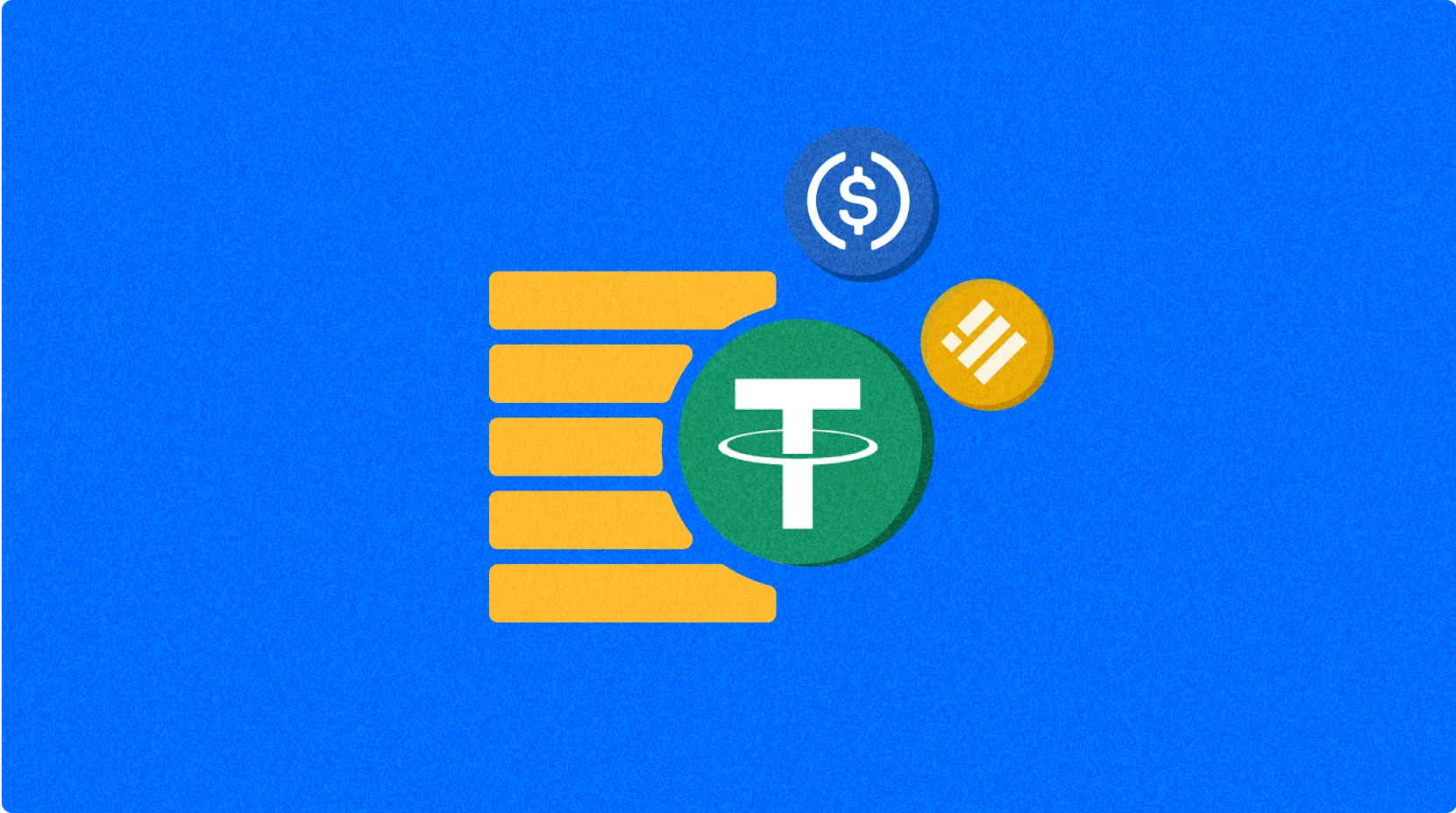
TAO'nun topluluk ve ekosistem etkinliği, 2025 yılında diğer kripto paralarla nasıl karşılaştırılıyor?

2025 yılında TAO topluluğu ile ekosistemi ne düzeyde aktif?

BOTIFY nedir: Web sitenizin görünürlüğünü artırmaya yönelik, yapay zeka destekli en gelişmiş SEO platformu

2025'te PAAL AI'nin topluluğu ve ekosistemi ne kadar aktif?
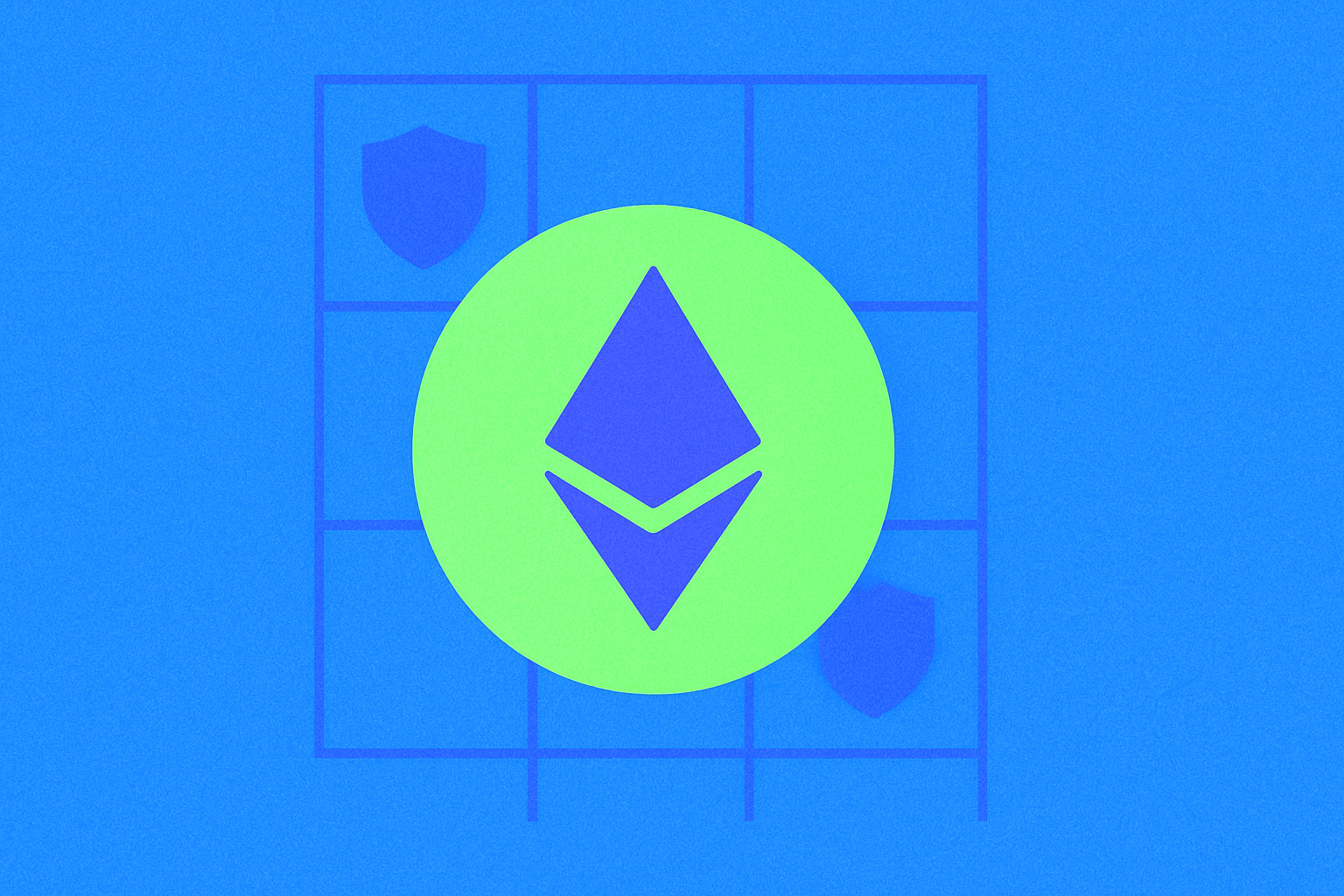
NCT nedir: K-pop'un en yenilikçi erkek grubuna kapsamlı bir rehber
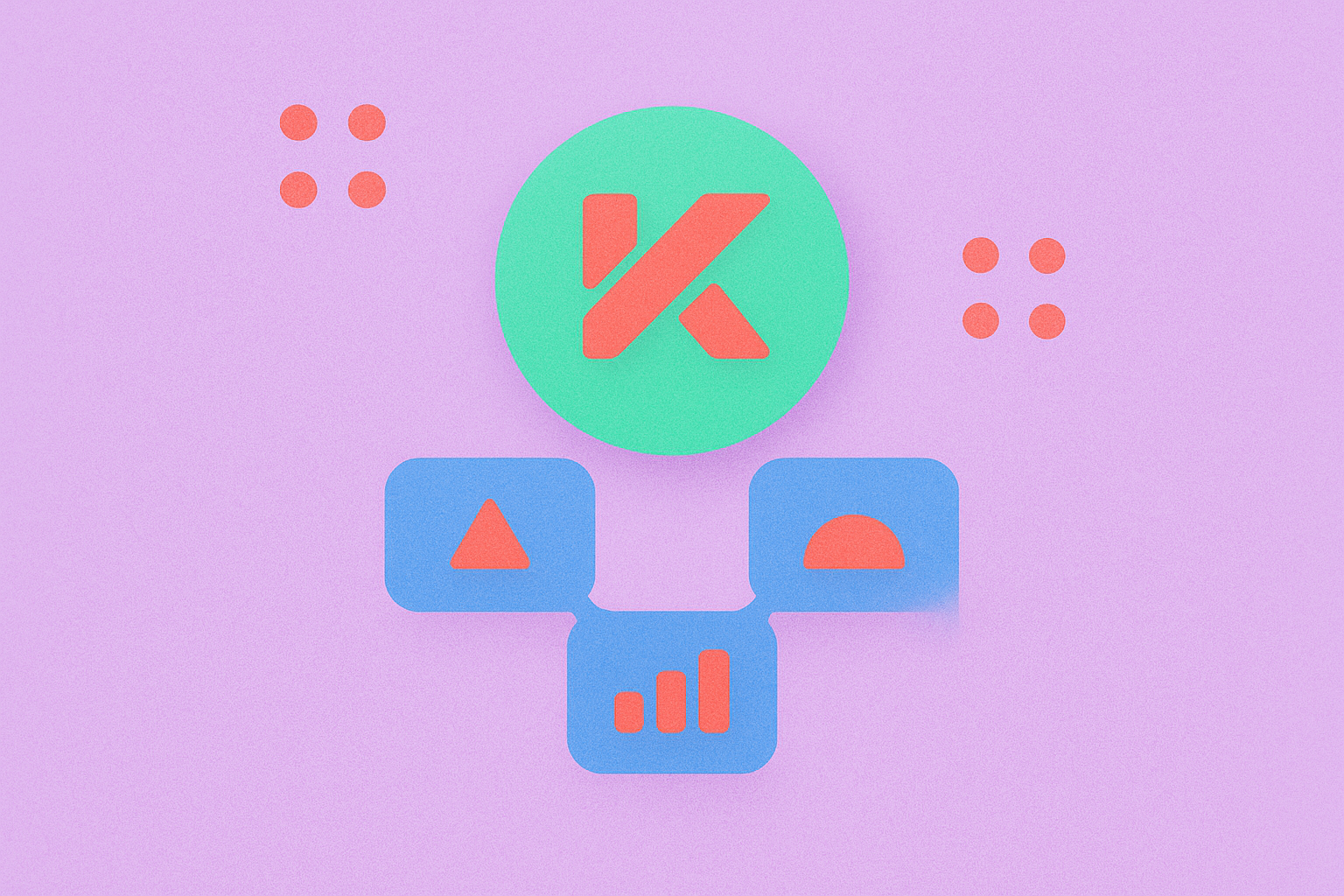
MBX nedir: Mailbox Exchange Teknolojisini Anlamak için Kapsamlı Bir Rehber
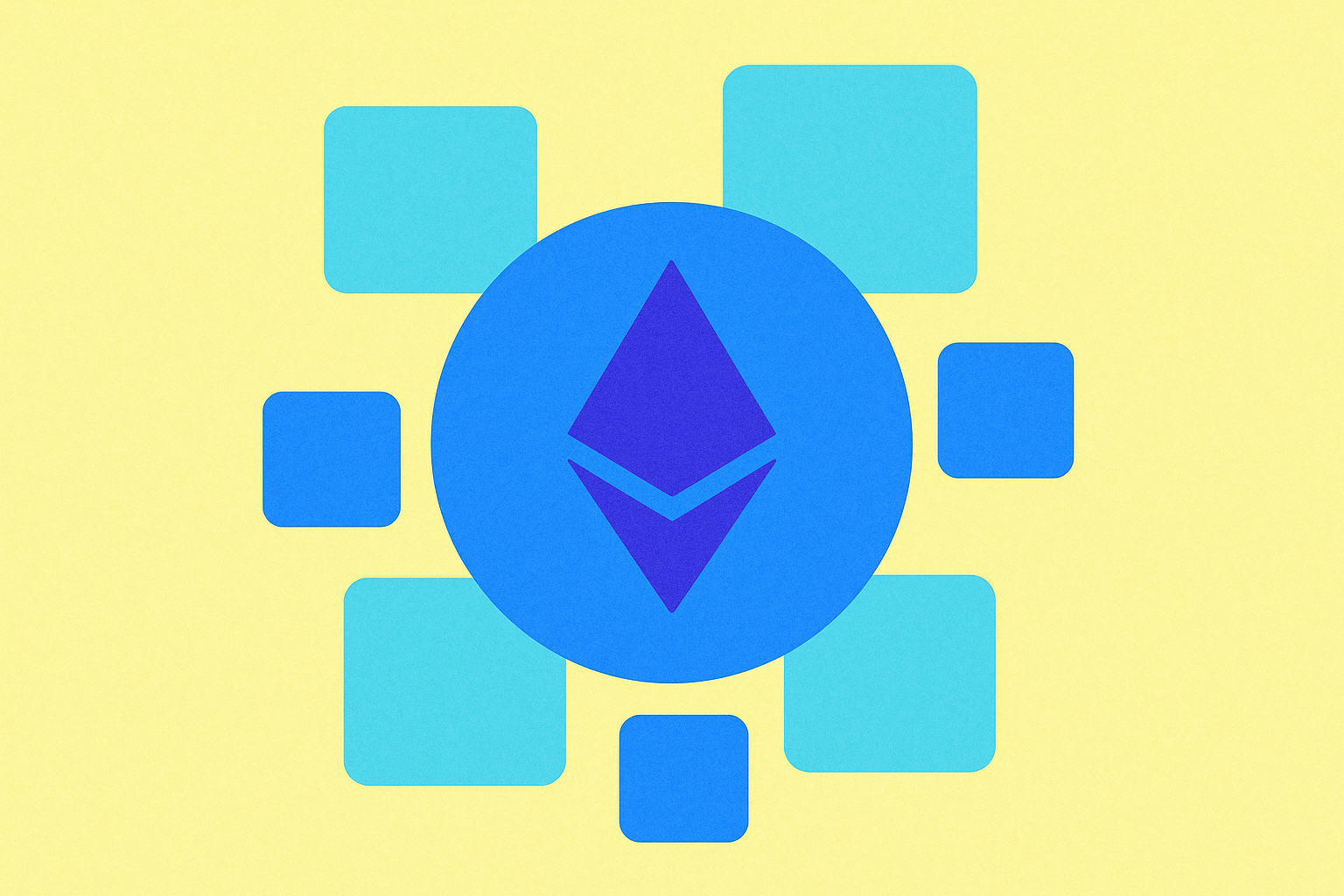
Ethereum’un teknolojideki yenilikçi liderliğini keşfetmek
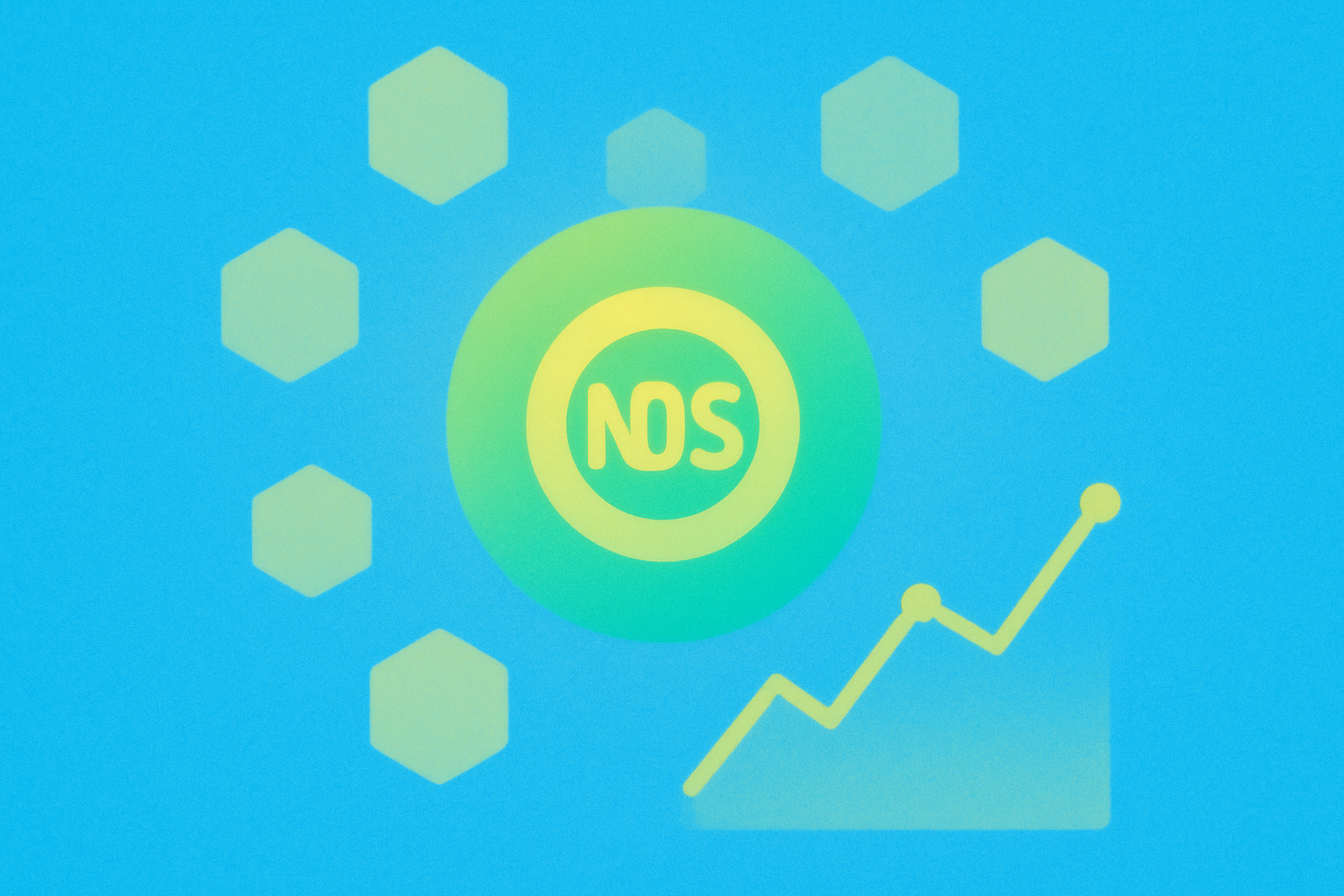
2025 NOS Fiyat Tahmini: Uzman Analizi ve Gelecek Yılına Yönelik Piyasa Beklentileri







